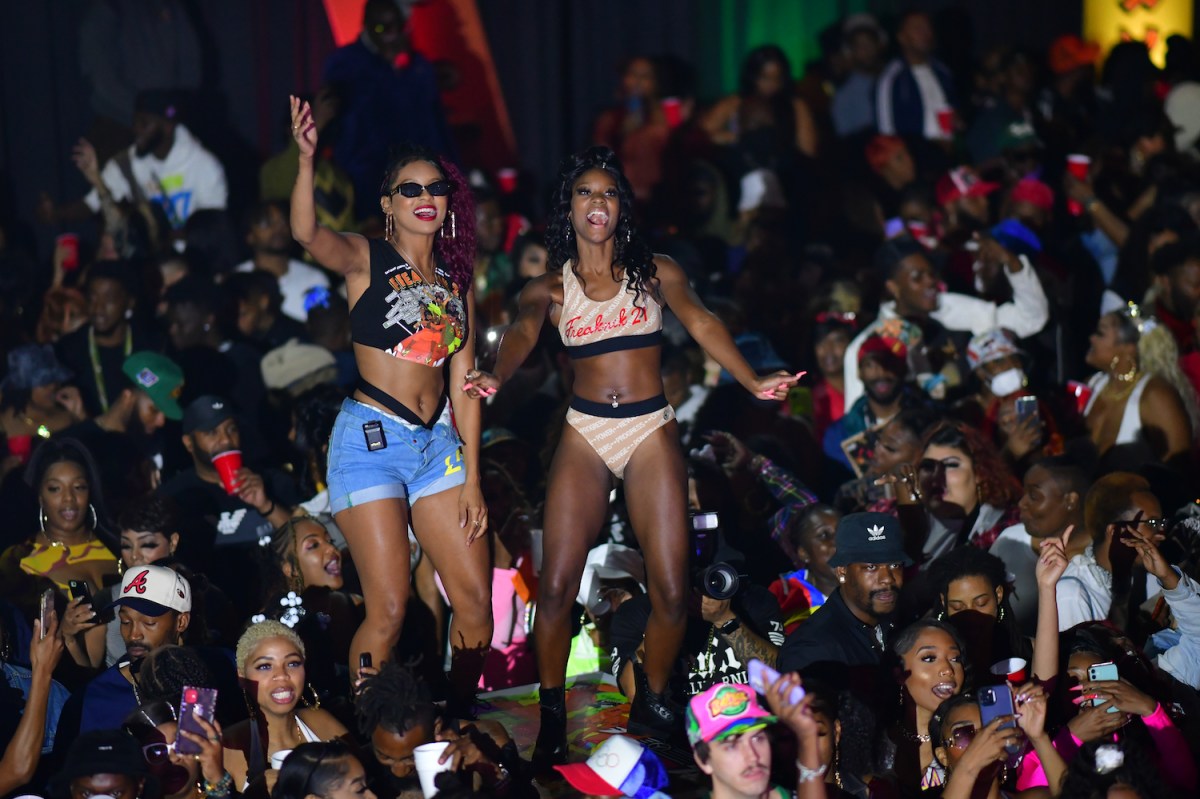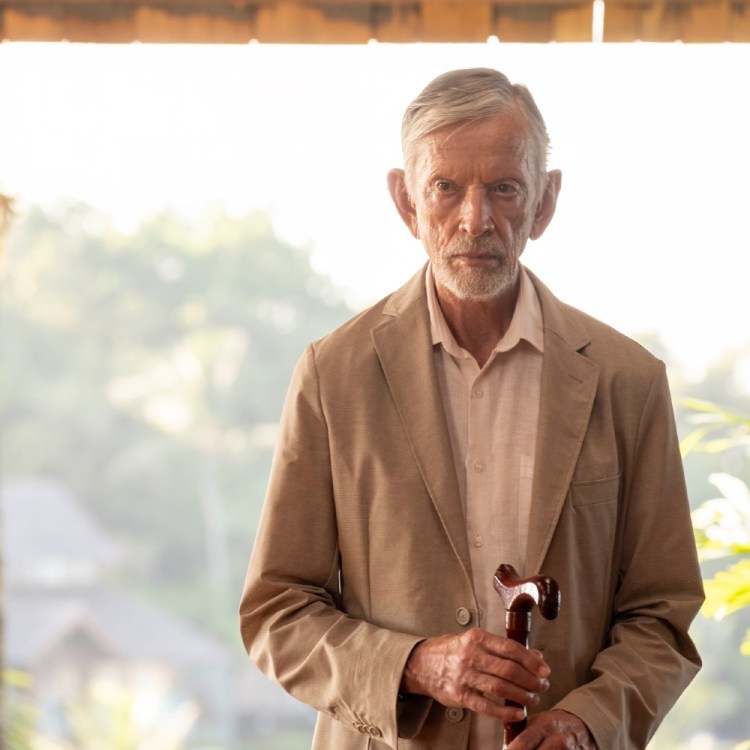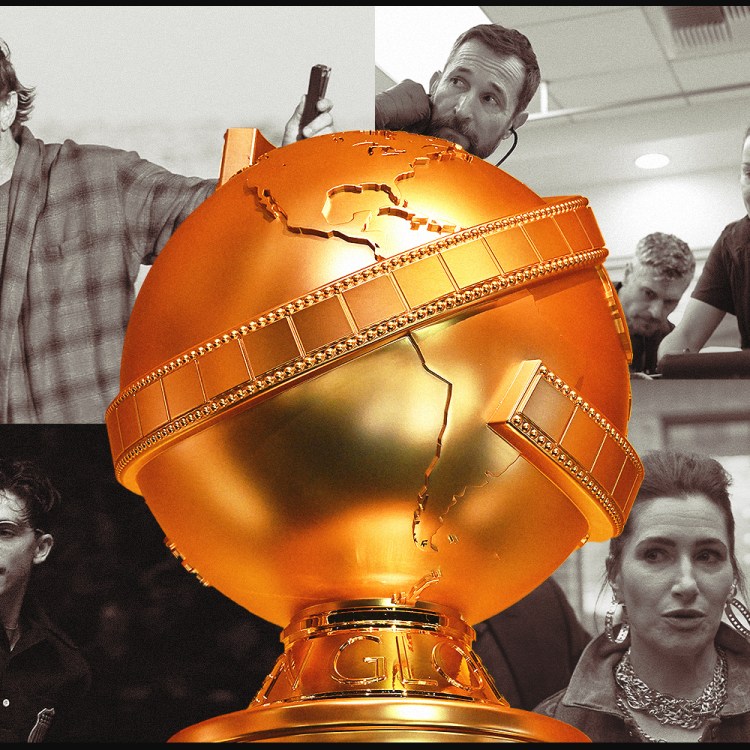Anyone looking to mainline some 90s nostalgia will soon have a shiny new documentary from Hulu, titled Freaknik: The Wildest Party Never Told. The film is all about the debaucherous Spring Break party that brought thousands of Black college students to Atlanta every third week of April for a decade, until 1999. When Hulu announced the film this week, lots of Gen Xers who spent their college years letting off steam in Atlanta are now feeling the heat, wondering if any of their NSFW images from almost three decades ago will be included in the film.
Until now, it seemed Gen X could skate through life as the “generation with no receipts”— as in, the last generation to grow up without internet, social media, smartphones or even widespread use of digital cameras. But the freaky folks of Freaknik are hardly off the hook. A hallmark of the Freaknik phenomenon was the prolific use of camcorders and disposable cameras, leaving today’s documentarians plenty of footage to choose from.
The possibility of exposure has shocked some Gen Xers on TikTok, including a woman named Tammie, who addressed the generational divide in a recent video. “We didn’t ask for this. We don’t want an exposé,” she told her followers. Gen X, she said, is not “the TikTok generation.”
Another TikToker named Tina spoke about her experience at Freaknik ‘94, where she says she remembers mostly avoiding video cameras at all costs. Still, she feels there’s a possibility that her face will appear in the new Hulu film. “I’ve been to several Freakniks […] so I’m just praying that Jesus be a fence,” she joked. “I’m praying that Jesus will be a big, tall privacy fence.”
And while social media is lighting up with one-liners about the forthcoming film, many users have been quick to point out Freaknik’s dark side. Several on Twitter have spoken about the violence and abuse that arose from the unregulated events, which once drew around 250,000 people, according to the Associated Press. What began in the late 80s as a small springtime picnic celebration for students at local Historically Black Colleges and Universities (HBCUs) exploded in the 90s into a moment-defining cultural event centering dance, music, partying, sporting events and rap sessions that would play a significant part in defining the hip hop style of that era.
How ‘90s Nostalgia Took Over the Snack Aisle
Brands like NUGGS, Behave and Offlimits are reviving cafeteria classics with a healthy twistBut in an oral history compiled by Complex, some attendees described the culture of the festival itself as toxic, especially for women. “Nothing seemed to be off limits to the revelers,” Complex wrote. “Testosterone-and-alcohol-drunk young men with camcorders came to make their weekend an orgy of honeys and hip-hop.”
Rapper Bun B told Complex about “one guy” who had “a van of girls” that he would pull up to a corner. The guy would collect money from passersby who wanted to see them naked, and once he got enough cash, he made the girls remove their clothes and dance on top of the van.
PR professional Nika Watkins remembered a toxic atmosphere, too. “It was the weekend guys knew they could get laid,” she told Complex. “Walking thru Lenox Square might cause you to get violated — your ass smacked or a boob grabbed. I don’t want to say all dudes were like that, but there were some overly aggressive hounds lurking around down there. I heard stories about women being raped which is really upsetting to hear about.”
Atlanta city councilman Derrick Boazman told Complex that he purposefully didn’t participate in Freaknik because it painted a grim picture of his city. “What it had evolved to was antithetical to everything I believed,” he said. “It was anti-women, it was anti-black education, and I know we all have our release mechanisms, but I didn’t want to be a part of it.”
Ultimately, AP reported in 1998 that Freaknik fizzled out when it did because the city considered it too much of a liability. Without overlooking the abuse that stained Freaknik’s legacy, it’s fair to say most other notable Spring Break parties have passively condoned similar types of violence, sexual aggression and predatory voyeurism (ahem, Girls Gone Wild), too. For the sake of all the Gen Xers out there, I hope the upcoming documentary can undo some of the harm instead of perpetuating a pattern of exploitation.
Thanks for reading InsideHook. Sign up for our daily newsletter and be in the know.



















